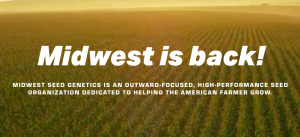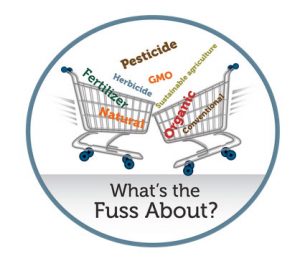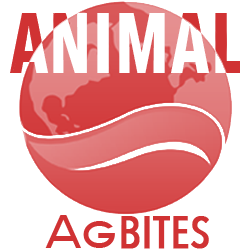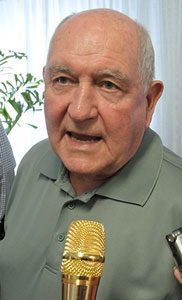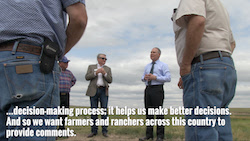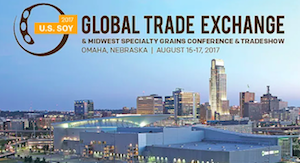 Our nation’s 88,000 sheep producers generated a total economic impact of $5.8 billion in 2016, according to the American Sheep Industry Association’s 2017 Economic Impact Study.
Our nation’s 88,000 sheep producers generated a total economic impact of $5.8 billion in 2016, according to the American Sheep Industry Association’s 2017 Economic Impact Study.
With over $500 million in farm gate receipts for sheep and lambs, value added from processing, wool, and retail; the American sheep industry contributes over $2 billion directly to the U.S. economy, with a multiplier impact of nearly three times the initial investment.
“The American sheep industry is a major sector of livestock production in the United States,” said Peter Orwick, Executive Director of the American Sheep Industry Association. “From large-scale operations in the west, on private and public lands, to smaller farm flocks in the east, raising sheep and wool fosters economic growth that supports rural communities and provides food and fiber for the nation.”
The study also found that every job in sheep production supported nearly a second full-time position in foodservice, retail, or fabrication. The updated numbers demonstrate to consumers and legislators how important the sheep industry remains to American agriculture, especially as debate begins on the next farm bill.
Orwick said, “While disaster assistance and safety net programs remain top priorities, keeping U.S. sheep producers competitive worldwide and export promotion programs are also important in building and maintaining the opportunity for greater economic growth.”

